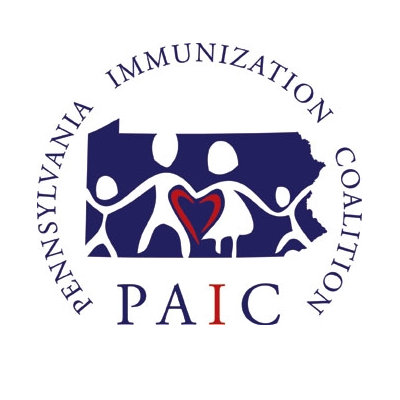Bringing authoritative vaccine results to Pinterest search
More than 300 million people come to Pinterest every month to get inspired and find ideas, from easy weeknight meals to crafts to do with kids. We believe a healthy life is an inspired life, and today we have an update on our efforts to combat health misinformation.
We’re introducing a new experience for vaccine-related searches on Pinterest. Now, when you search for “measles,” “vaccine safety” and other related health terms, you can explore reliable results about immunizations from leading public health organizations, including the World Health Organization (WHO), the Centers for Disease Control (CDC), the American Academy of Pediatrics (AAP) and the WHO-established Vaccine Safety Net (VSN), a global network of websites providing reliable vaccine safety information in various languages.

Last year, we made the decision to stop showing results for searches related to vaccines as a way to prevent people from encountering harmful health misinformation. This new search experience only shows content from leading public health institutions—you won’t see any recommendations or comments on Pins in these results. We also won’t show ads. We’re taking this approach because we believe that showing vaccine misinformation alongside resources from public health experts isn’t responsible.
As we continue to tackle health misinformation, we remove it and the accounts that spread it from our service. But we also want to bring expert content onto Pinterest. We know we aren’t medical experts, which is why we’re working with professionals to inspire Pinners with reliable information about health.

With these authoritative Pins now in our system, they can also be discovered in home feed, related Pins and from the profiles of the WHO, VSN, CDC and AAP.
Health misinformation is contagious
Hesitancy around vaccines is one of this year’s top global health threats, according to the WHO.
The WHO recently announced that the UK, Albania, Czechia and Greece have lost their “measles-free” status, and the CDC confirmed that the U.S. is experiencing the greatest number of measles cases reported since 1992 and since the virus was declared eliminated in 2000.
Since 2017 it’s been against our community guidelines to promote anti-vaccination advice and other health misinformation, and we’ve never allowed it to be advertised. We’ve long used guidance from these health institutions to inform our policy and how we enforce it, but we wanted to do more.
Here’s why.
Health misinformation has the potential to impact public health, regardless of what service it’s found on. Allowing this content to spread through Pinterest’s search results is not in line with enforcing our community guidelines. That’s why we’re limiting search results to internationally recognized health organizations.
What we and others have observed is an enthusiasm gap between those creating and disseminating harmful health misinformation and those creating resources rooted in settled science. Generally, there’s more accessible and visually compelling health misinformation than science-based journal articles on the virtues of vaccinations. In addition, we’ve found that some purveyors of health misinformation have a financial incentive. For instance, some sell products and potions, and others use spammer tactics and clickbait to drive traffic to their own sites where they monetize.
On top of that, experts have shown there’s a data void when it comes to reliable information about vaccines––there’s a greater distribution of vaccine misinformation than information. In short, anti-vaccine content is contagious.
As another way to address that gap, we’re developing creative resources that health organizations can easily use to create visually compelling Pins for content that’s primarily text-based. For example, below is a Pin the AAP created with the help of our creative team.

The work continues
We’re starting with vaccinations because the WHO determined that vaccine hesitancy is a significant threat to everyone. We’ll need to keep evolving our list of terms for which we block medical misinformation and provide expert advice as people try to get around our safeguards. We’ll also continue to remove this content and accounts that spread it from our service.
This new search experience is now available globally in English on the web and in our mobile apps for iPhone and Android. We look forward to continuing our work with health experts to expand authoritative results on other searches and in more languages.
Ultimately, we want to bring authoritative results to more Pinners in more places, because there’s nothing inspiring about harmful health misinformation.
– Ifeoma Ozoma, Public Policy and Social Impact Manager
Read on Pinterest’s site here.
